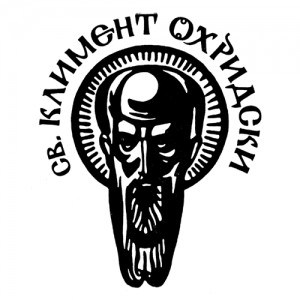Advertisement
Sofia University in Bulgaria announces an MA Programme in Philosophy taught in English. Courses are offered in all main areas of Western Philosophy (individual supervision in certain trends of Eastern Philosophy is possible too). The degree is recognized worldwide. Sofia University was founded in 1888 following the best patterns of the European higher education.
This is a three semester studies in residence master´s program or a four semester distance learning master´s program. It is designed for English speaking graduates from the humanities and social sciences (background in other fields is acceptable too). All courses are of one term duration and are scheduled so that after completion of one term or of the whole program students may be able to transfer and continue their education at any university that follows the modern tendencies in graduate and post-graduate studies.
Erasmus opportunities: the EU/EEA citizens enrolled at this program are eligible to visit within the Erasmus exchange a number of Universities in Germany, France, Italy, Switzerland, Denmark, Spain, and Greece. The duration of the exchange is one or two semesters.
Financial aid:
A) The citizens of EU/EEA and Switzerland are eligible for state scholarships carrying 70% tuition waiver plus a monthly stipend beginning from the second semester.
B) The Fulbright Graduate Grants are offered to theAmerican citizens as a form of a very competitive financial aid; for more information see
C) Financial aid to the Canadian nationals is provided in the form of Government Student Loans by the Province where they permanently reside.
D) The Western Balkans citizens are welcome to apply for Erasmus Mundus/BASELEUS Project scholarship carrying full tuition waiver and monthly stipend,
Courses offered: Philosophical Anthropology, Ethics, Art in Contemporary World, Axiology, Philosophical Method, Truth and Meaning, Philosophy of Intercultural Relations, Social Philosophy, Continental Philosophy, Philosophy for Children, Philosophy of Culture, Logic in the Continental Tradition, Theories of Truth, Existential Dialectics, Philosophy of the Subjective Action, Phenomenology, Renaissance Philosophy
Want to improve your English level for admission?
Prepare for the program requirements with English Online by the British Council.
- ✔️ Flexible study schedule
- ✔️ Experienced teachers
- ✔️ Certificate upon completion
📘 Recommended for students with an IELTS level of 6.0 or below.
State funding is available for all EU/EEA citizens.
Accreditation
This Program has been accredited by the Bulgarian National Accreditation Agency.









